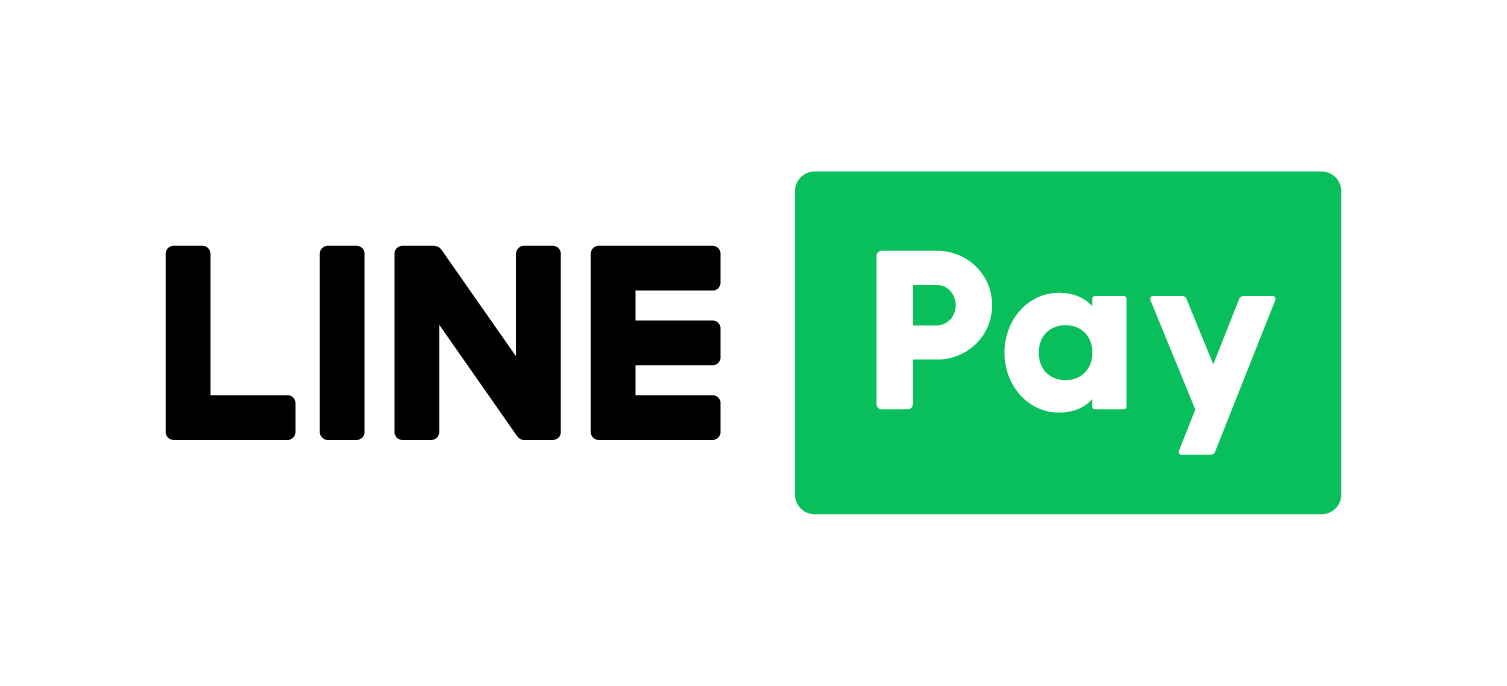
| 定價: | ||||
| 售價: | 1045元 | |||
| 庫存: | 已售完 | |||
| LINE US! | ||||
| 此書為本公司代理,目前已售完,有需要可以向line客服詢問進口動向 | ||||
| 付款方式: | 超商取貨付款 |

|
|
| 信用卡 |

|
||
| 線上轉帳 |

|
||
| 物流方式: | 超商取貨 | ||
| 宅配 | |||
| 門市自取 |
為您推薦

類似書籍推薦給您
Will artificial intelligence solve all problems, making scientific formulae redundant? The authors of this book would argue that there is still a vital role in formulating them to make sense of the laws of nature. To derive a formula one needs to follow a series of steps; last of all, check that the result is correct, primarily through the analysis of limiting cases. The book is about unravelling this machinery. Mathematics is the 'queen of all sciences', but students encounter many obstacles in learning the subject — familiarization with the proofs of hundreds of theorems, mysterious symbols, and technical routines for which the usefulness is not obvious upfront. Those interested in the physical sciences could lose motivation, not seeing the wood for the trees. How to Derive a Formula is an attempt to engage these learners, presenting mathematical methods in simple terms, with more of an emphasis on skills as opposed to technical knowledge. Based on intuition and common sense rather than mathematical rigor, it teaches students from scratch using pertinent examples, many taken across the physical sciences. This book provides an interesting new perspective of what a mathematics textbook could be, including historical facts and humour to complement the material. Errata(s) Errata (756 KB) Sample Chapter(s) Preface Chapter 1: Essential Functions Request Inspection Copy Contents: Preface Introduction From Base Camp — Understanding Functions and Variables: The First Stage: Essential Functions Polynomial Expansions: When They Work and When They Don't Limits, Differentiation and Integration The Way to Check Yourself: Analysis of Limiting Cases Definite Integrals as Functions Probability Distribution Functions, and Filter Functions as Limiting Cases Vectors and Introduction to Vector Calculus Understanding Sequences and Series Complex Numbers Dimensionality and Scaling Concluding Remarks Problems From Camp 1: Deeper Understanding of Functions and Solving Equations: Introduction to Functions of Two or More Variables Fourier Series and Integrals Linear Equations and Determinants Matrices and Symmetry Solving Nonlinear Equations, Algebraic and Transcendental Introduction to Ordinary Differential Equations Further Methods for Evaluating the Integrals and the Gamma Function Functions of a Complex Variable Concluding Remarks Problems Instructions to Access the Outlines of Solutions Readership: Advanced and enthusiastic school students preparing for universities, specializing in science — A-level (UK), Abitur (Germany), Lycée (France), high school (USA) and alike; teachers and tutors; undergraduate students; university lecturers.

類似書籍推薦給您

類似書籍推薦給您
【簡介】 With its strong pedagogy, superior readability, and thorough examination of the physics of semiconductor material, Semiconductor Physics and Devices provides a basis for understanding the characteristics, operation, and limitations of semiconductor devices. Neamen's Semiconductor Physics and Devices deals with the electrical properties and characteristics of semiconductor materials and devices. The goal of this book is to bring together quantum mechanics, the quantum theory of solids, semiconductor material physics, and semiconductor device physics in a clear and understandable way. 【目錄】 Part I Semiconductor Material Properties Chapter 1: The Crystal Structure of Solids Chapter 2: Introduction to Quantum Mechanics Chapter 3: Introduction to the Quantum Theory of Solids Chapter 4: The Semiconductor in Equilibrium Chapter 5: Carrier Transport Phenomena Chapter 6: Nonequilibrium Excess Carriers in Semiconductors Part II Fundamental Semiconductor Devices Chapter 7: The pn Junction Chapter 8: The pn Junction Diode Chapter 9: Metal-Semiconductor and Semiconductor Heterojunctions Chapter 10: Fundamentals of the Metal-Oxide-Semiconductor Field-Effect Transistor Chapter 11: Metal-Oxide-Semiconductor Field-Effect Transistor: Additional Concepts Chapter 12: The Bipolar Transistor Chapter 13: The Junction Field-Effect Transistor Part III Specialized Semiconductor Devices Chapter 14: Optical Devices Chapter 15: Semiconductor Microwave and Power Devices